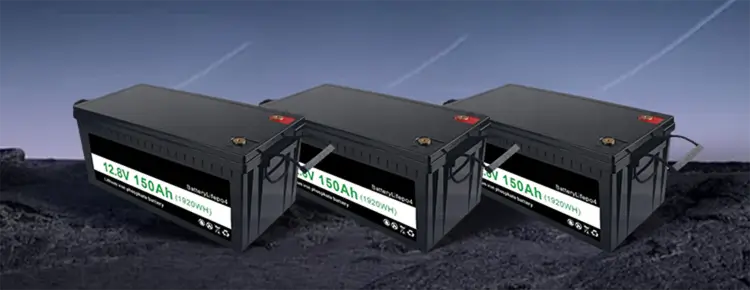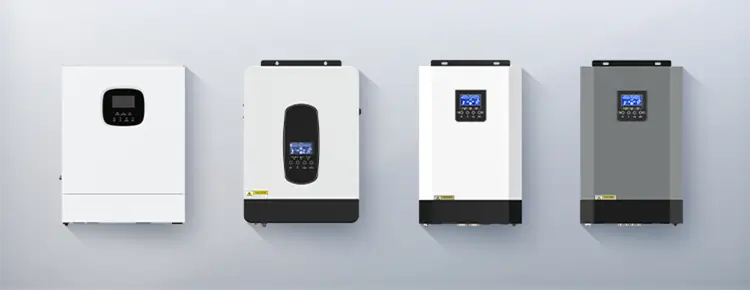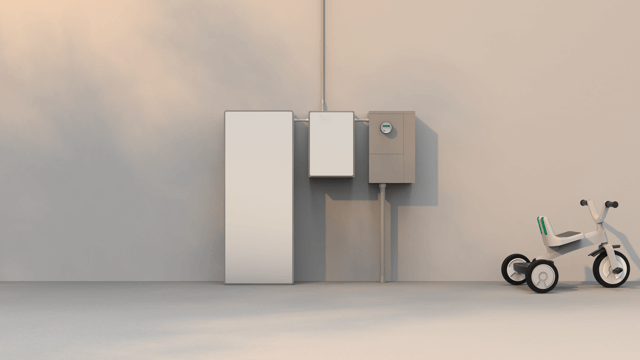



Blog
Hot Category
Latest Blog
12 Jan 2025
Nlelsen
With the popularity of home energy storage system, the safety of battery has become the focus of attention. As a widely used home energy storage battery, how safe is LiFePO4 (lithium iron phosphate) battery?
The positive electrode material of LiFePO4 battery has an olivine structure, which enables the battery to maintain good stability under extreme conditions such as high temperature and overcharge. Compared with other lithium-ion batteries, LiFePO4 battery has higher thermal stability and structural stability in thermodynamics.
LiFePO4 battery does not contain toxic heavy metal elements and has less harm to the environment and human health. In addition, its preparation process is relatively environmentally friendly and does not require the use of toxic chemicals.
LiFePO4 battery has a high cycle life, usually up to thousands of times, and its performance deteriorates slowly throughout the cycle. This enables it to stably play the role of energy storage and power supply during the service life of the home energy storage system.

Home energy storage systems may encounter sudden power fluctuations or short-term overloads. In this case, LiFePO4 batteries are less likely to experience thermal runaway, fire or explosion than other battery types due to their good thermal and chemical stability.
In home energy storage systems, BMS (battery management system) is crucial for the safe operation of LiFePO4 batteries. BMS is responsible for monitoring various parameters of the battery to ensure that it operates within a safe range. A reliable BMS system used in conjunction with LiFePO4 batteries can further improve the safety of home energy storage systems.
Although LiFePO4 batteries have high safety, certain specifications must still be followed during use and installation. For example, ensure that the battery is placed in a well-ventilated location to avoid overheating; operate in accordance with the prescribed charging and discharging methods, etc. Violation of these specifications may reduce the safety advantages of LiFePO4 batteries.
In summary, LiFePO4 batteries are a relatively safe battery choice in home energy storage systems. It has the advantages of stable material structure, low environmental harm, long life, etc., and under reasonable application conditions, such as equipped with a reliable BMS system and following the correct use and installation specifications, it can provide a reliable power storage solution for home energy storage systems. However, we still need to be cautious in the process of promotion and application to ensure that its safety performance is fully utilized.